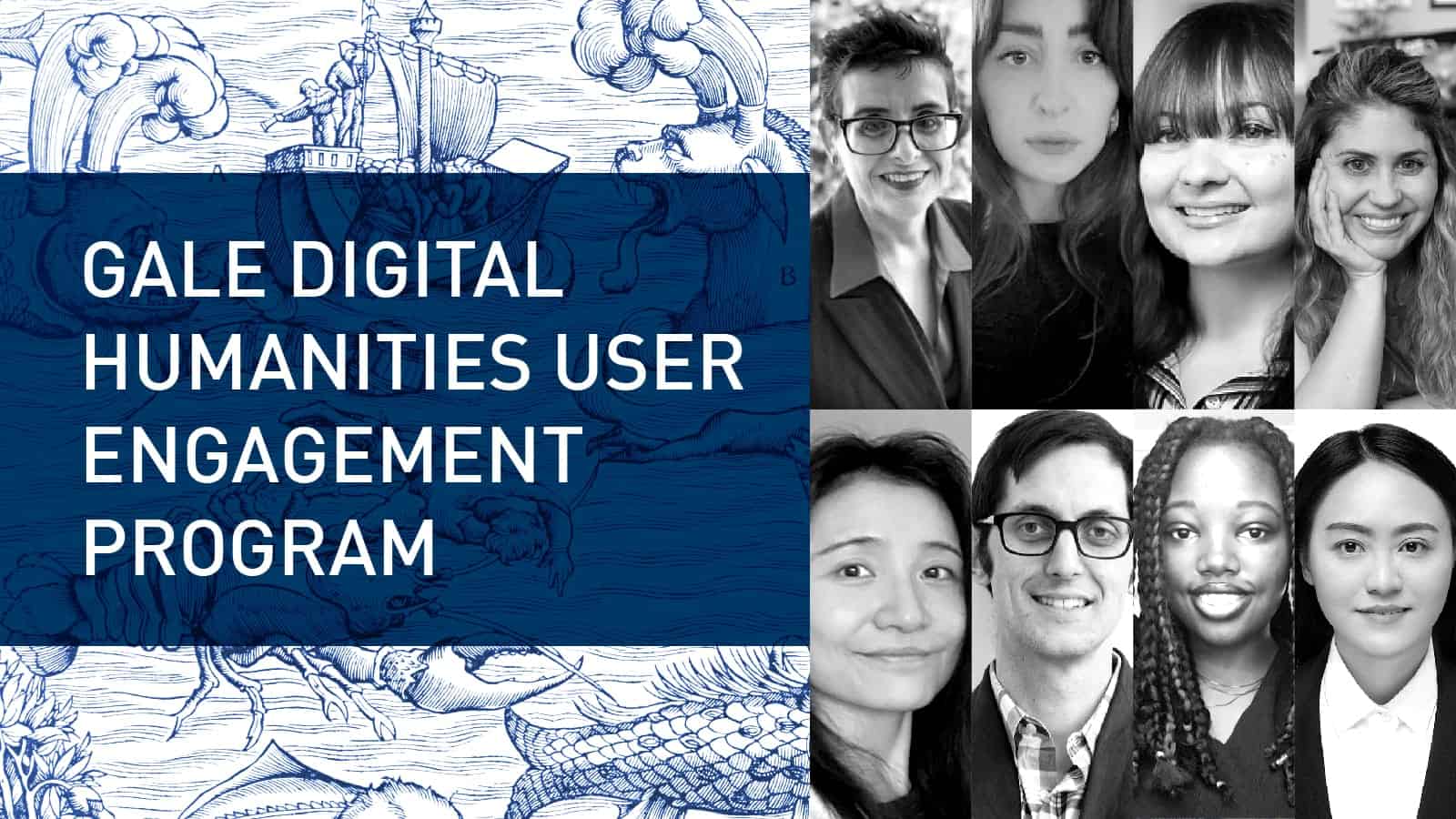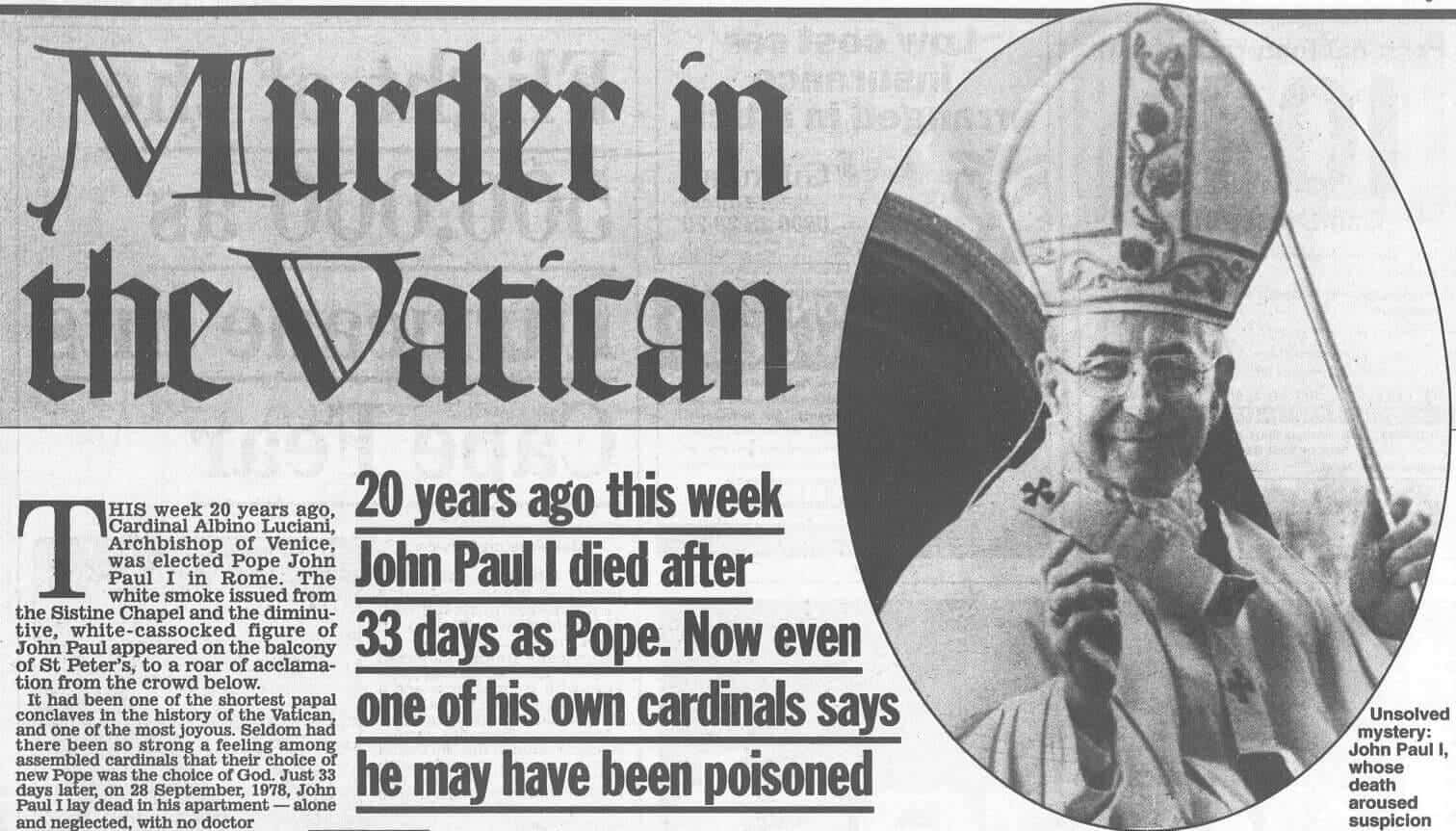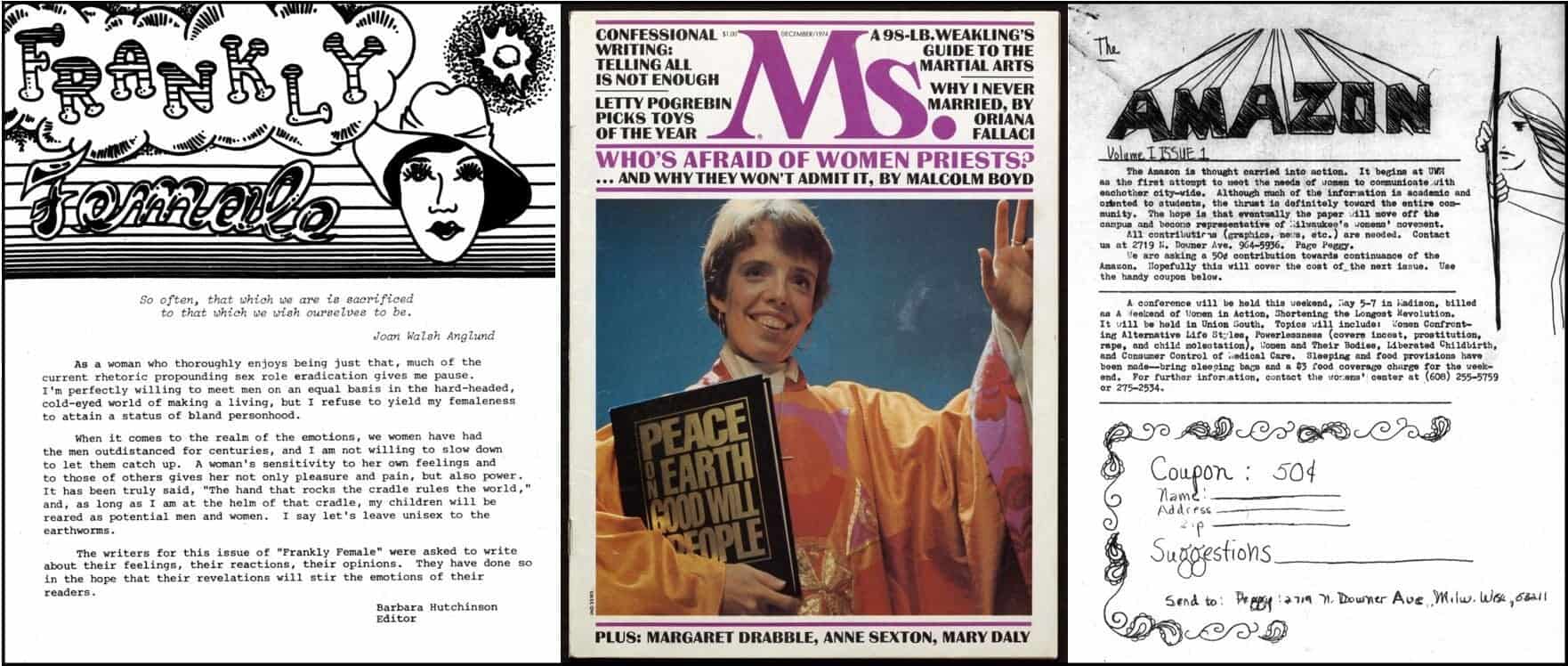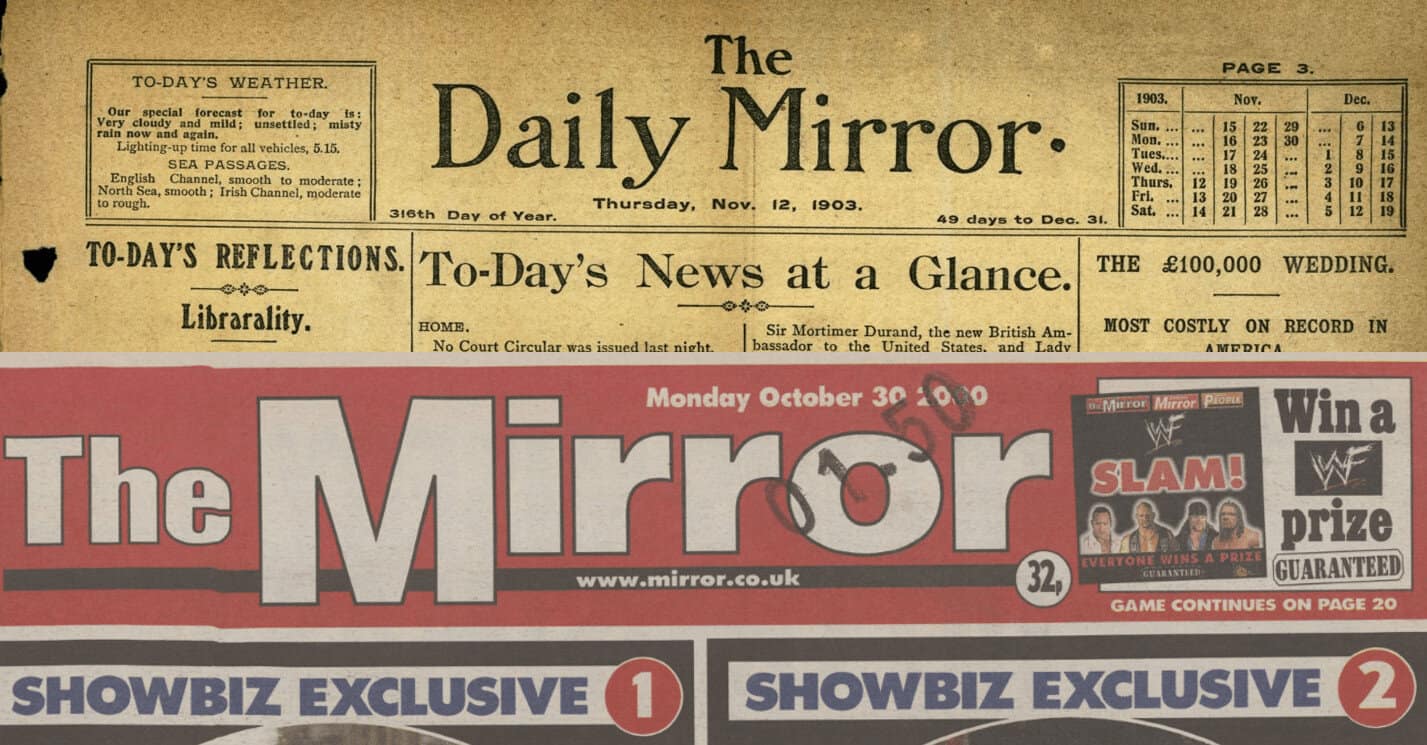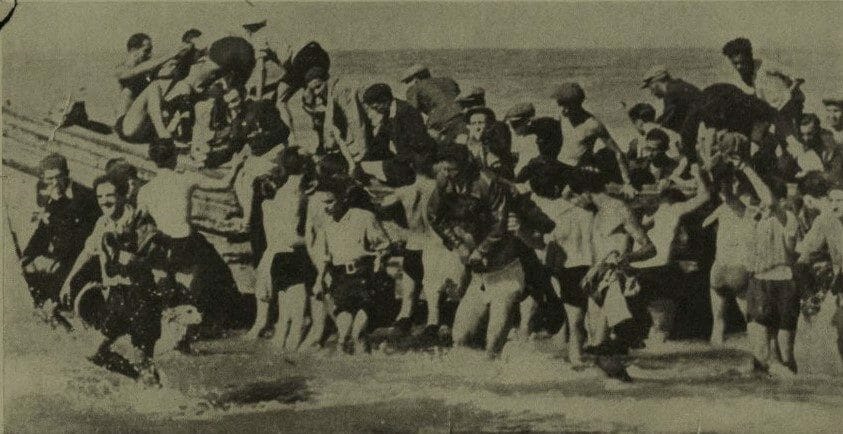|By Rebecca Bowden, Gale Digital Scholar Lab Product Manager|
Everybody has heard one conspiracy theory or another. Some buy into them wholeheartedly, others mock them and call out their absurdity. Whichever camp you fall into, there is undoubtedly something fascinating about conspiracy theories! They’re akin to the myths and legends that ancient civilisations used to explain the world around them – tales of manipulative gods and hidden cities. Yet one could argue that those civilisations had an “excuse” – they did not have the years of advanced scientific discovery that we now enjoy! Even with this scientific knowledge, however, conspiracy theories still emerge and take hold, often growing ever more elaborate and determined, even whilst they’re being actively discredited.
There are the famous ones: Area 51, accusations that Princess Diana was murdered, that 9/11 was planned by the US Government, that there was a second gunman at the assassination of JFK, or that Kennedy was killed using an umbrella. Or a government plot. The CIA! The Mafia! Fidel Castro! Everyone’s heard of those. Then there are the more unusual conspiracy theories which may be entirely new to you, many of which still have the ability to baffle us with their absurdity. All of them appear within Gale Primary Sources. In this blog post, we delve deeper into the world of conspiracy theories.
Read more

